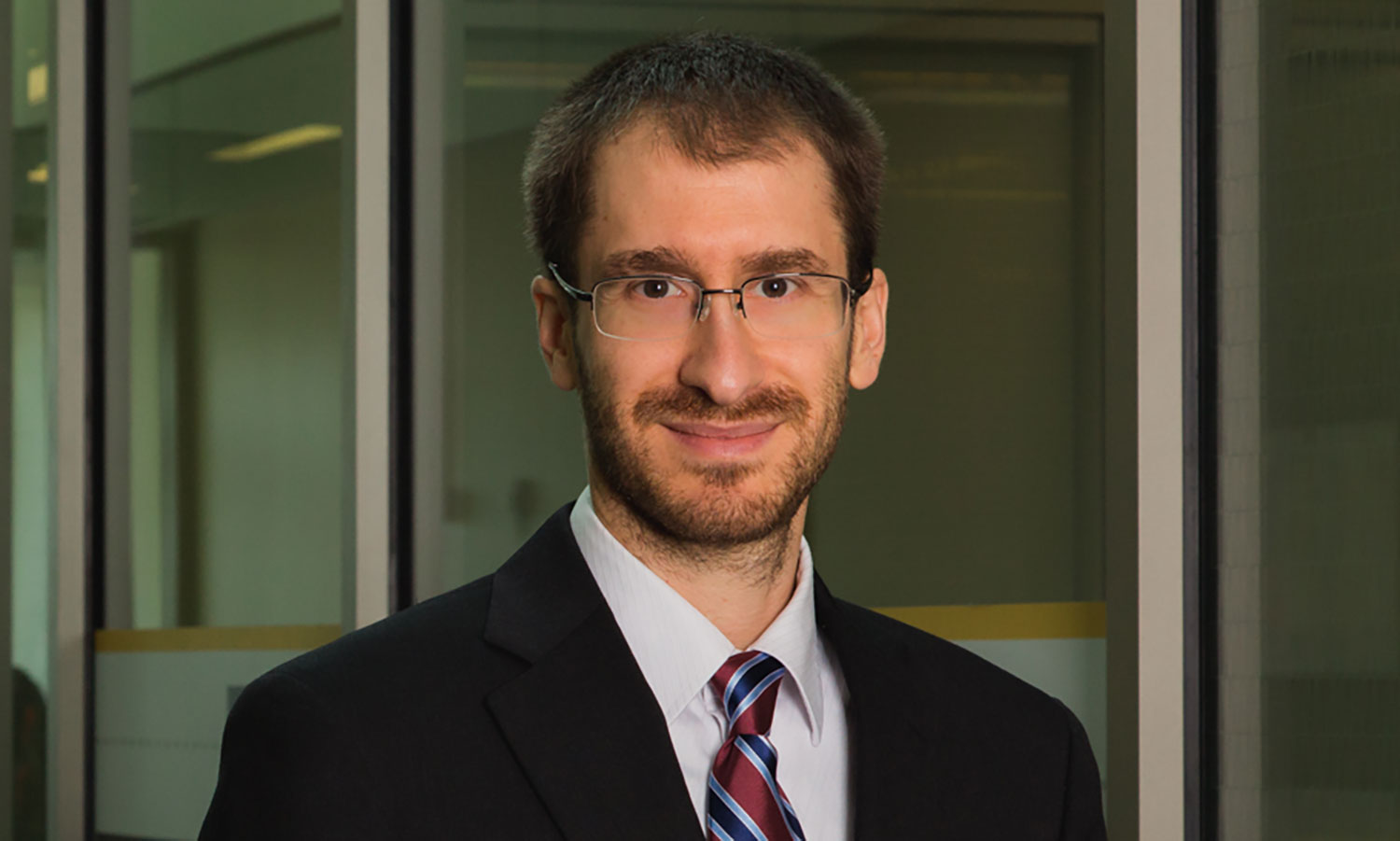VCU Engineering professor Braden Goddard receives $1.08 million grant to develop advanced nuclear safety technology

Braden Goddard, Ph.D., associate professor of mechanical and nuclear engineering at Virginia Commonwealth University (VCU) receives a $1.08 million grant from the U.S. Department of Energy (DOE) Office of Nuclear Energy to develop a computer model for a new radiation detection system.
Goddard’s project, titled “Development of a Benchmark Model for the Near Real-Time Radionuclide Composition Measurement System using Microcalorimetry for Advanced Reactors,” will focus on creating a computer model to simulate a revolutionary new radiation detection system. This system could allow breakthroughs in nuclear safety and other fields that use radioactive materials by enabling near real-time fuel characterization in advanced reactors.
The project focuses on microcalorimetry, a technology with superior energy resolution compared to traditional detectors. This high energy resolution allows microcalorimetry to identify specific fission products and measure low-yield gamma rays and characteristic X-rays from non-radioactive nuclides in fuel samples. This information can improve our understanding of the changes nuclear fuel experiences when irradiated and detect potential removal of this material from the reactor.
“This project, along with the other radiation modeling projects our research group has received, has put VCU on the map as a leading research institution with regards to radiation modeling,” Goddard said.
The three-year grant will also support two graduate and four undergraduate students, providing them with valuable research experience and opportunities to present their findings at national conferences.
VCU engineers are developing this radiation technology with ten times better energy resolution than existing detectors. By developing models for this state-of-the-art detector, VCU engineers can help advance nuclear safety and security by testing its capabilities before costly experiments.
The Department of Mechanical and Nuclear Engineering provides undergraduate and graduate students with the opportunity to perform real-world research as soon as they enroll. Formed from a partnership with Dominion Energy, the department provides a foundation in nuclear energy, allowing students to choose their educational path with advanced coursework in either mechanical or nuclear engineering. Access to industry tools, like the Nuclear Reactor Simulator Laboratory, grounds education in practical instruction. Browse videos and recent news from the Department of Mechanical and Nuclear Engineering to discover how the College of Engineering at Virginia Commonwealth University prepares the next generation of scientists and engineers for the challenges of the future.
Categories Mechanical & Nuclear Engineering, Nuclear Engineering, Research Grants